- Centre for Postgraduate Studies, UMS visits to Kundasang Aquafarm
- UMS Initiatives on Digital Copy of Thesis (E-Thesis)
On the 29th June 2024, the Centre for Postgraduate Studies (CPS) at UMS visited Kundasang Aquafarm as part of a study tour to learn about sustainable aquaculture practices, efficient water management, biodiversity conservation, and innovative food production techniques. Kundasang Aquafarm is owned by our UMS Alumni, Mr. Azizul Julirn. This visit was aligned with CPS UMS's recent efforts to establish its own small-scale aquafarm. This visit provides valuable insights into sustainable aquaculture practices and the key learning of objectives of this visit include:
aquaculture methods, including the breeding, rearing, and harvesting of aquatic
organisms, and how these practices can be optimized for sustainability.
2. Exploring Environmental Impact: The visit will highlight the ecological implications of
aquafarming, such as water quality management, habitat preservation, and the
importance of reducing pollution and overfishing.
3. Sustainability Practices: CPS staff will observe firsthand the innovative techniques
used to minimize resource use and waste and the use of renewable energy sources.
By the end of the visit, participants have a deeper understanding of sustainable aquaculture's role in food security and conservation. They are equipped with practical knowledge that can be applied in future endeavors, promoting responsible consumption and production, in line with SDG Goal 12: Responsible Consumption and production. This experience aligns with global sustainability initiatives by demonstrating how aquafarming can contribute to sustainable livelihoods while protecting aquatic ecosystems. It fosters awareness of the need for responsible practices in food production, ensuring the health of our planet for future generations.
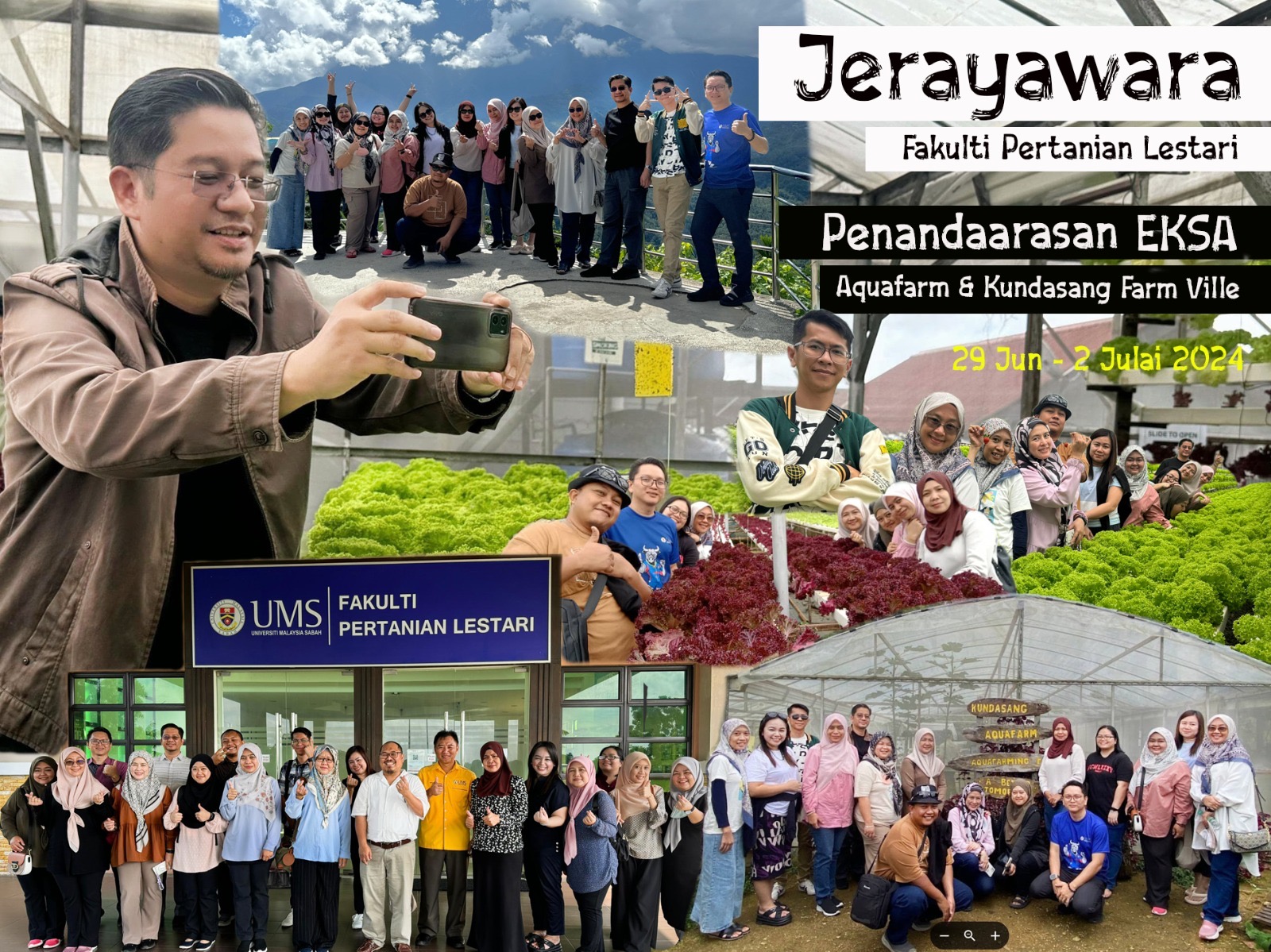
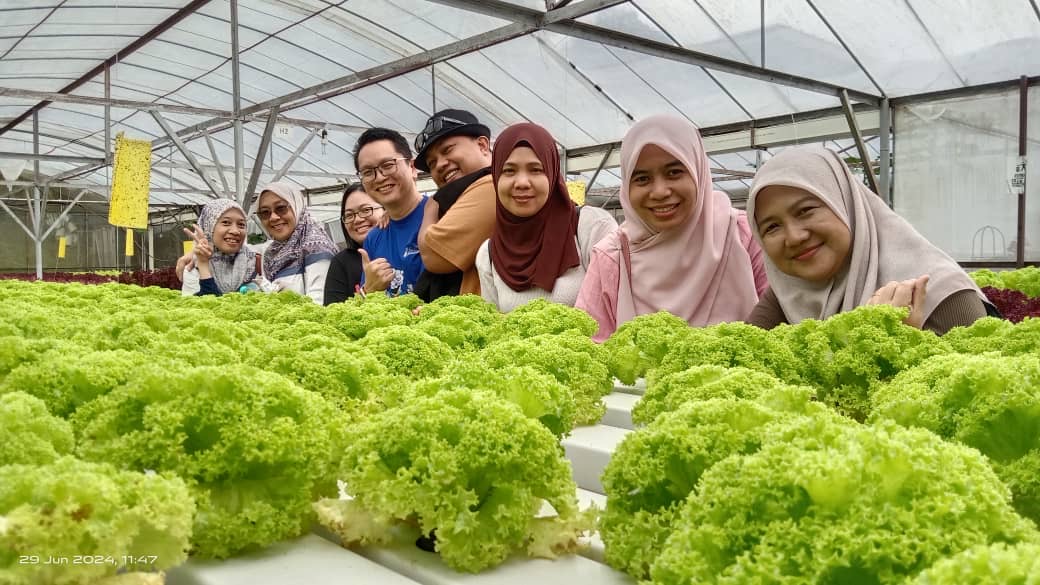
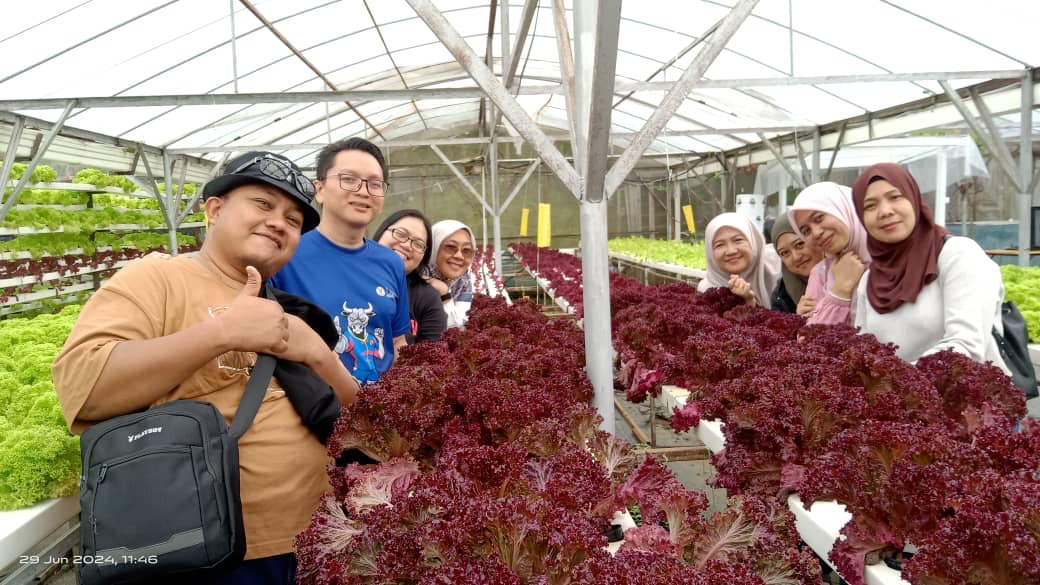
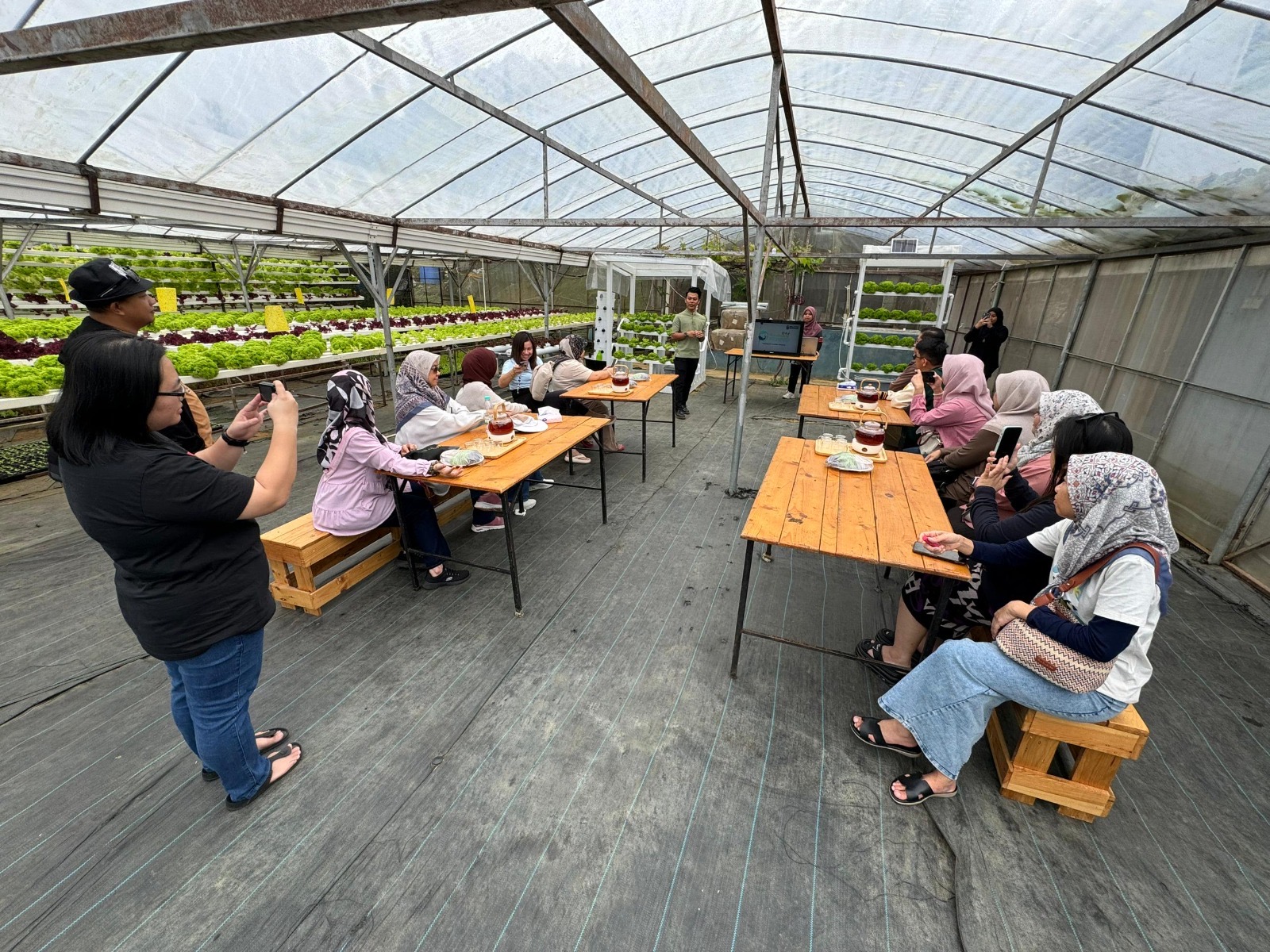
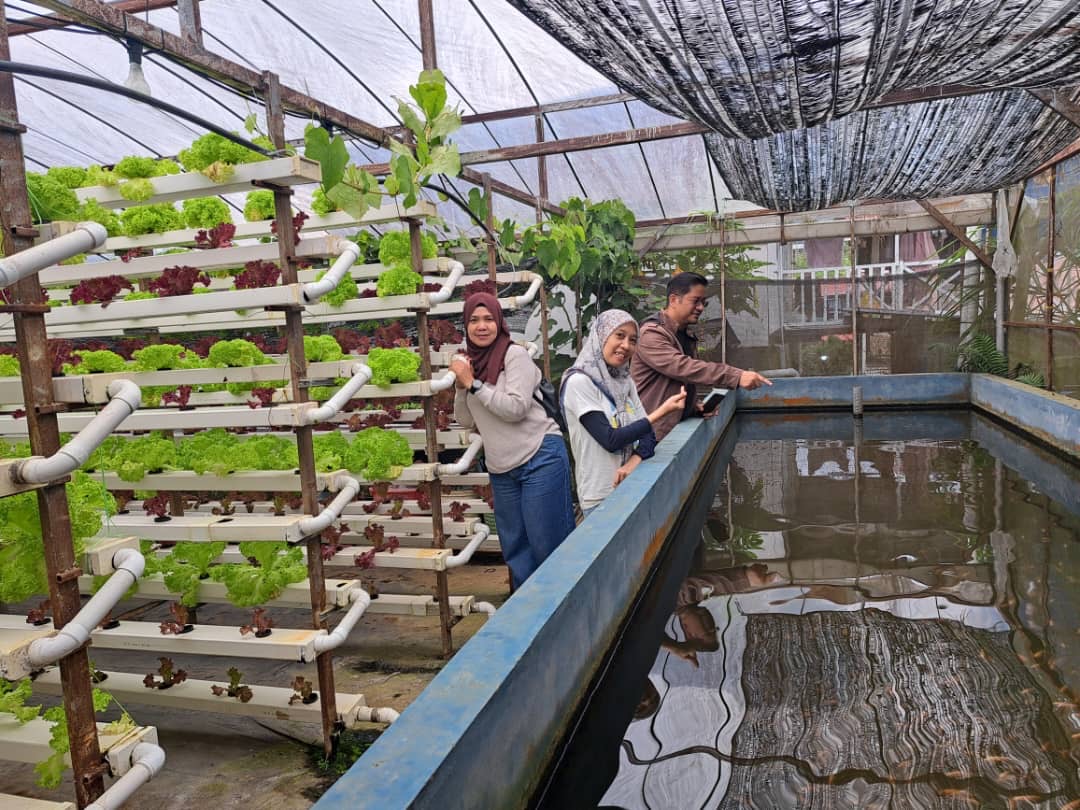
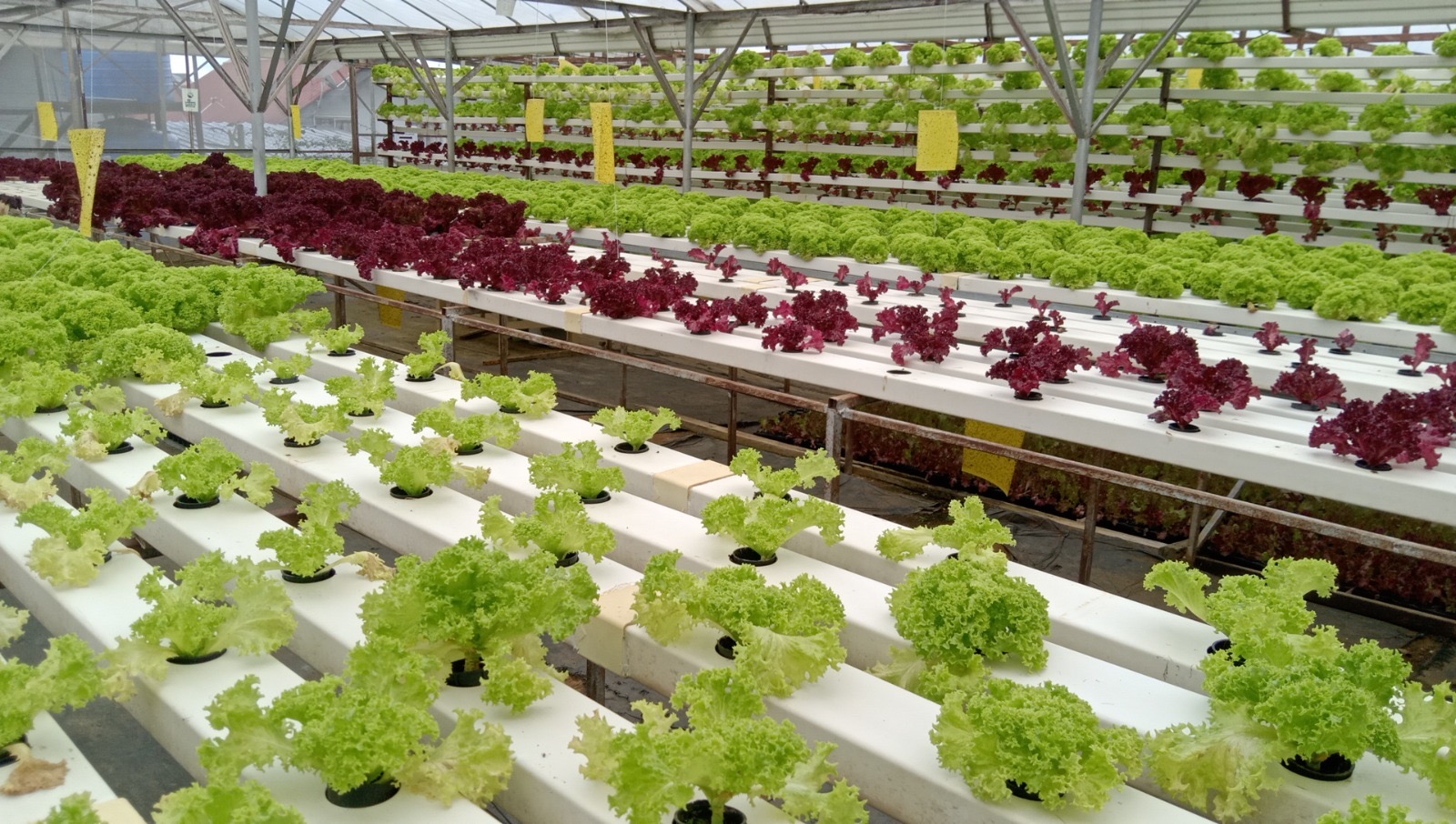
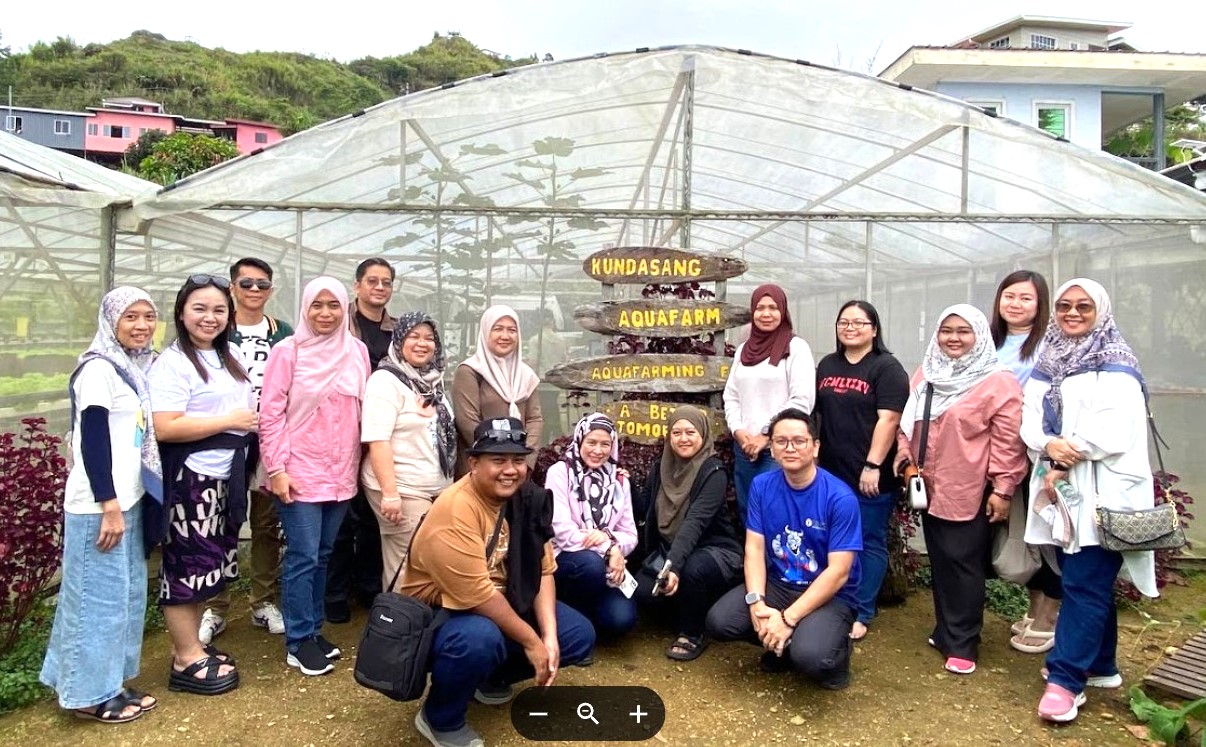
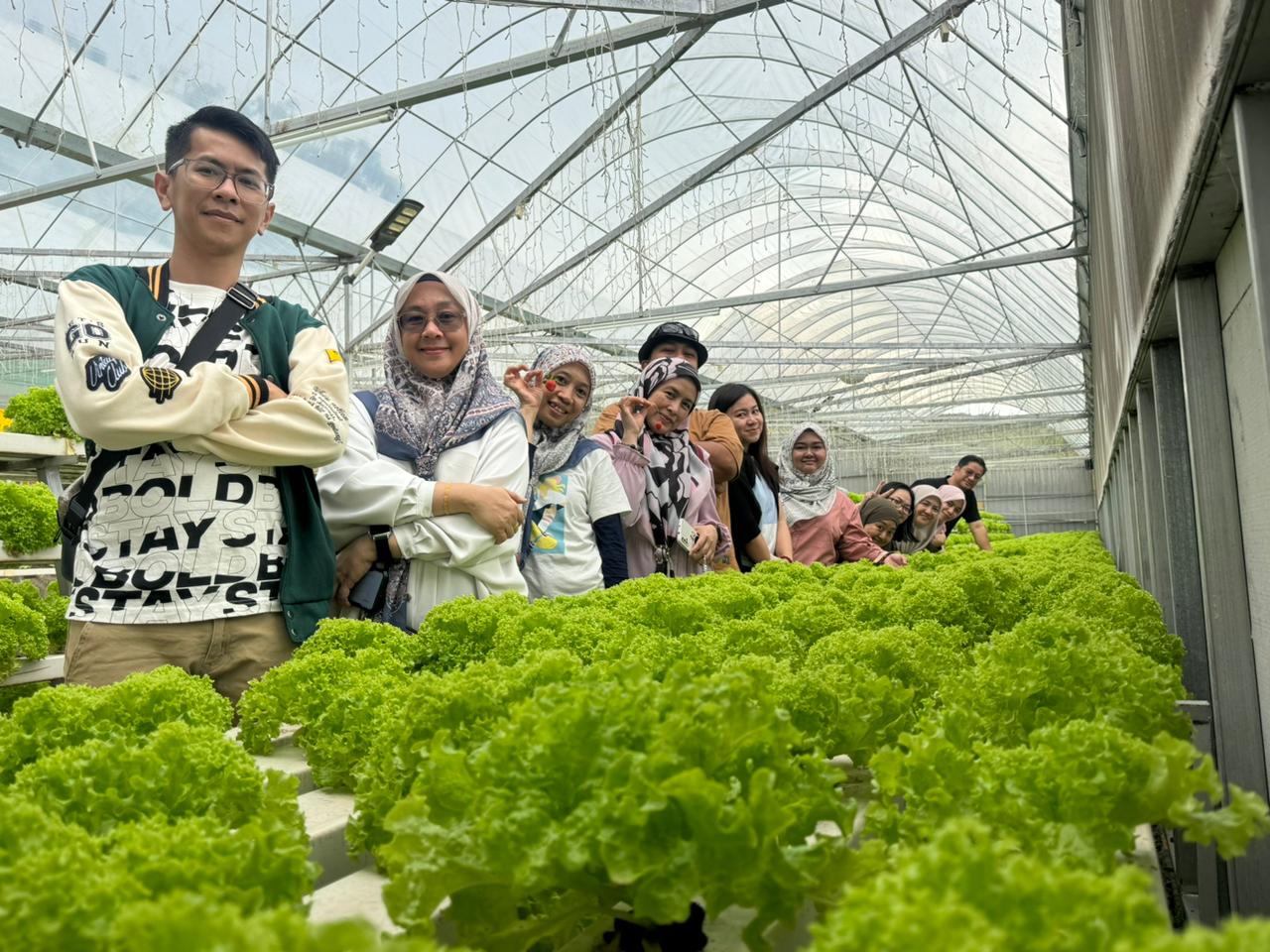
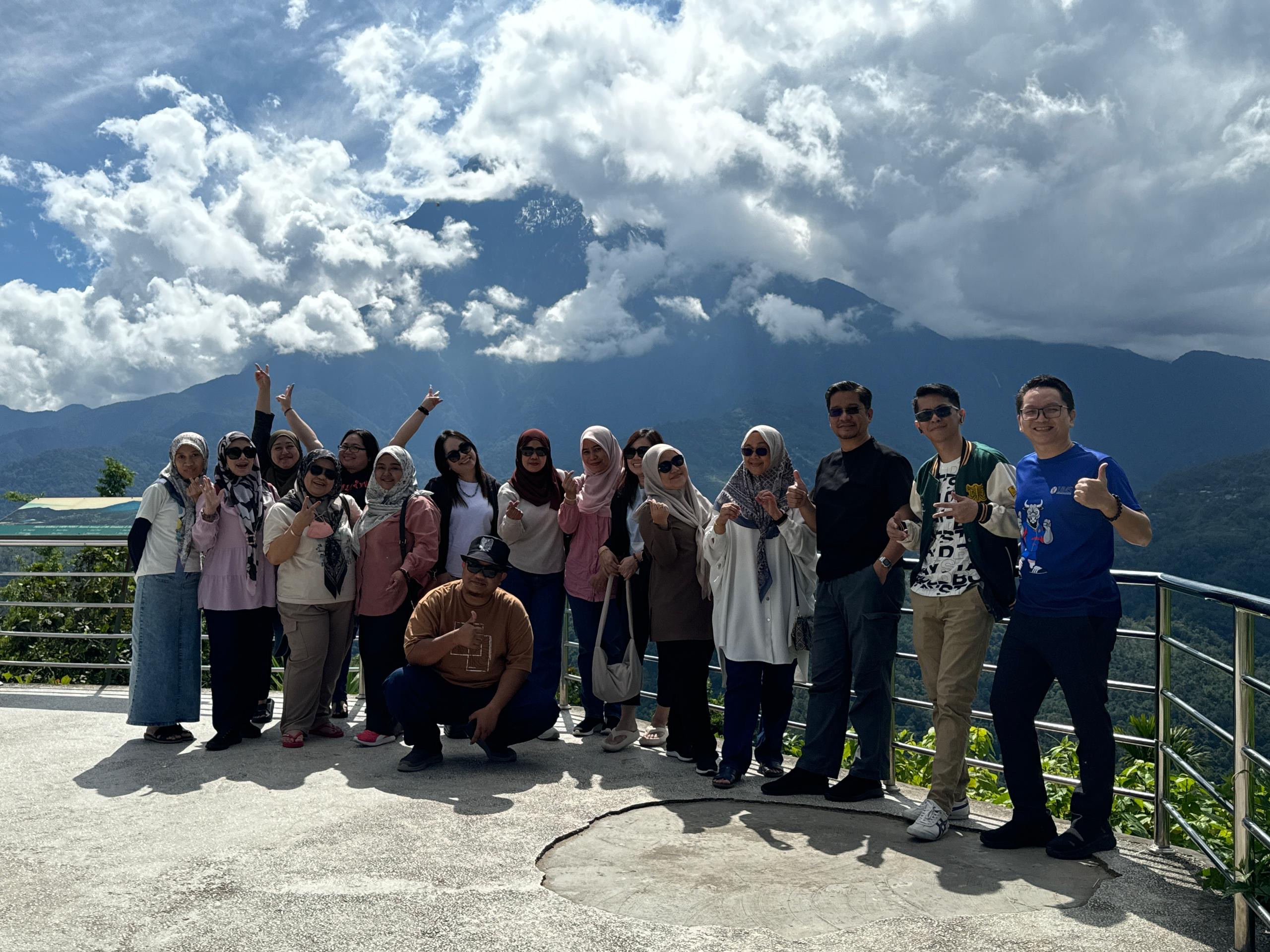
In October 2024, the Centre for Postgraduate Studies (CPS), Universiti Malaysia Sabah has changed its postgraduate study method from the submission of hardbound thesis to a digital copy of thesis (e-theses). The shift from hardbound theses to electronic copies (e-theses) represents a significant advancement in promoting sustainability and reducing environmental impact in academic practices. Traditional hardbound theses require substantial amounts of paper, which contributes to deforestation and increases carbon emissions associated with paper production and transportation.
By transitioning to e-theses, UMS can significantly decrease their ecological footprint by minimizing paper usage, reducing waste, and lowering the energy consumed in printing and binding processes.
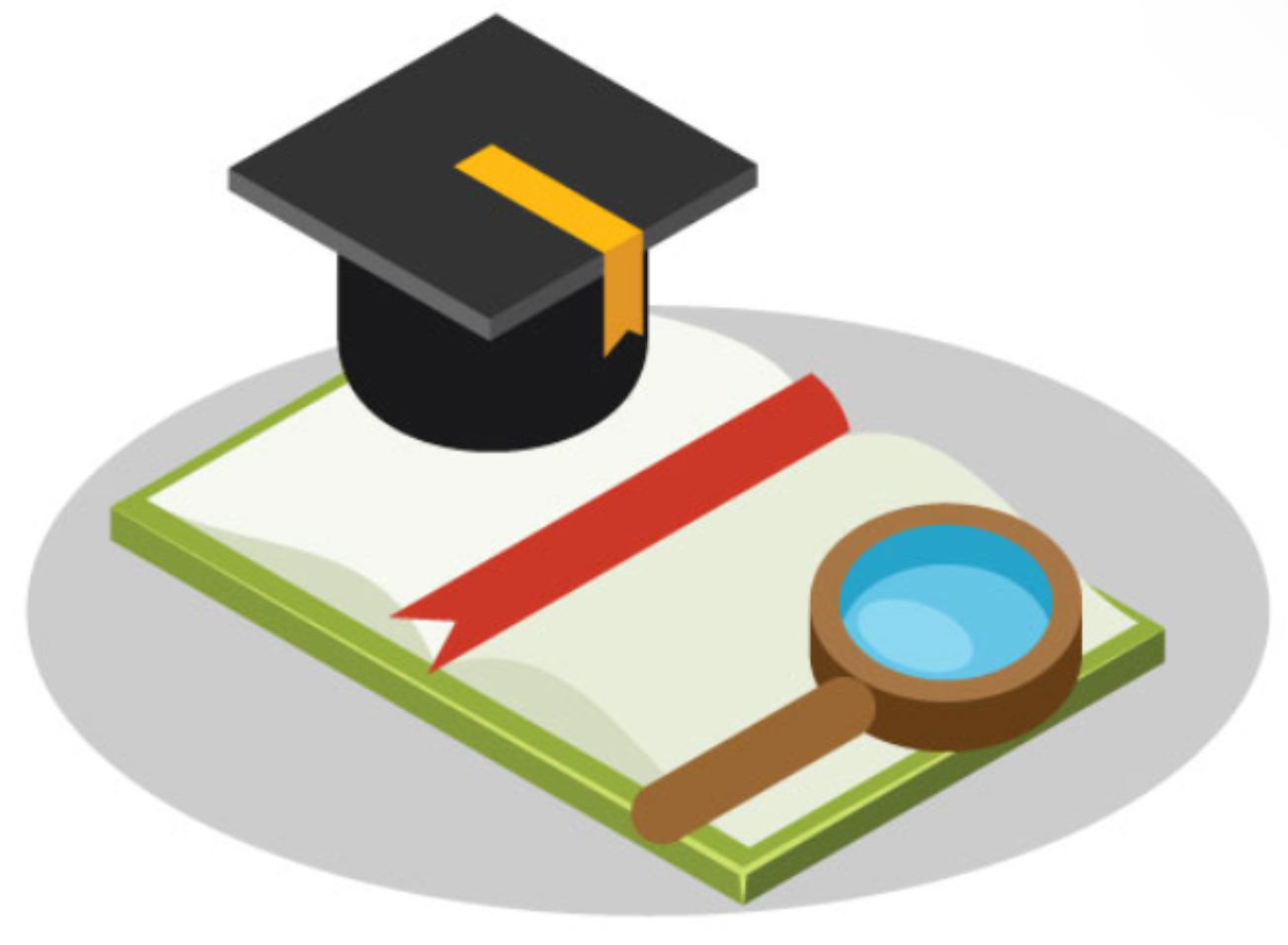

Moreover, the digital format enhances accessibility, allowing a broader audience to engage with research findings without the limitations of physical copies. This contribution to knowledge dissemination supports Goal 4: Quality Education, as it enables more equitable access to information, fostering a more informed society. In addition, e-theses can lead to improved collaboration and innovation within academia, as digital platforms facilitate sharing and updating of research. This aligns with Goal 17: Partnerships for the Goals, promoting partnerships across institutions and disciplines.
Therefore, the transition to e-theses not only supports environmental sustainability but also enhances educational access and collaboration, contributing to the achievement of the SDGs and fostering a greener, more sustainable future.
